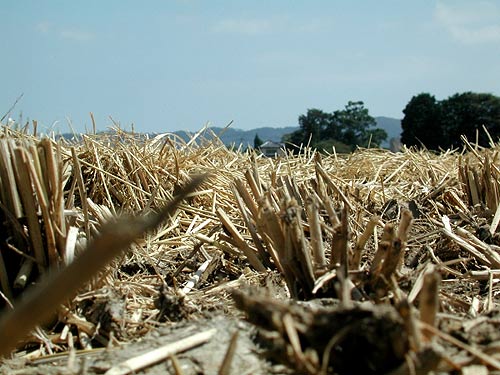THE Coalition of Rice Millers Malaysia has accused powerful rice cartels of dominating over 60% of the country’s rice production, sparking concerns over the supply of rice seedlings and manipulation of prices.
Coalition of Rice Millers Malaysia chairman Marzukhi Othman claimed that a handful of major companies are involved in controlling padi mills, seed production, and setting prices, allegedly disregarding government directives.
“They have essentially been shaping the direction of the country’s padi industry. The existing system needs to be changed by issuing only one licence to them, and forcing them to choose between a padi mill licence and a seed production licence,” Utusan Malaysia quoted him as saying.
The chairman highlighted the adverse impact on farmers particularly the 71,000 under the Muda Agricultural Development Authority (Mada), who reportedly face losses of up to RM40 mil per season due to delayed cultivation caused by a shortage of padi seeds.
Moreover, allegations include the sale of local rice by these cartels at an inflated price of RM3.40 per kg, in violation of the government-controlled price of RM2.60 per kg. This has triggered concerns over the overall affordability and accessibility of rice for the Malaysian population.
Marzukhi also suggested a shift in seed production licensing by granting the right to government organizations such as the National Farmers Organisation (Nafas) and the Farmers’ Organisation Authority (LPP).
He proposed that these entities should exclusively supply seeds to farmers’ organisations in various districts for distribution, adding that the government should provide seeds 30 days earlier than the scheduled planting date to avert issues for farmers.
“To counter rice (price) manipulation, the government should also establish a single rice grade without the need for import or local labels.”
Meanwhile, Suara Tani Malaysia chairman Shazwan Suban echoed similar concerns about existing cartels, emphasising their control over padi seed supply and the resulting delays and pricing issues.
“They usually control the supply of padi seeds. Each season sees a delay in supply, accompanied by issues related to seed prices.”
Furthermroe, Suban advocated for government intervention, proposing a takeover of the production and supply of padi seeds to alleviate pressure on farmers. – Jan 4, 2023









